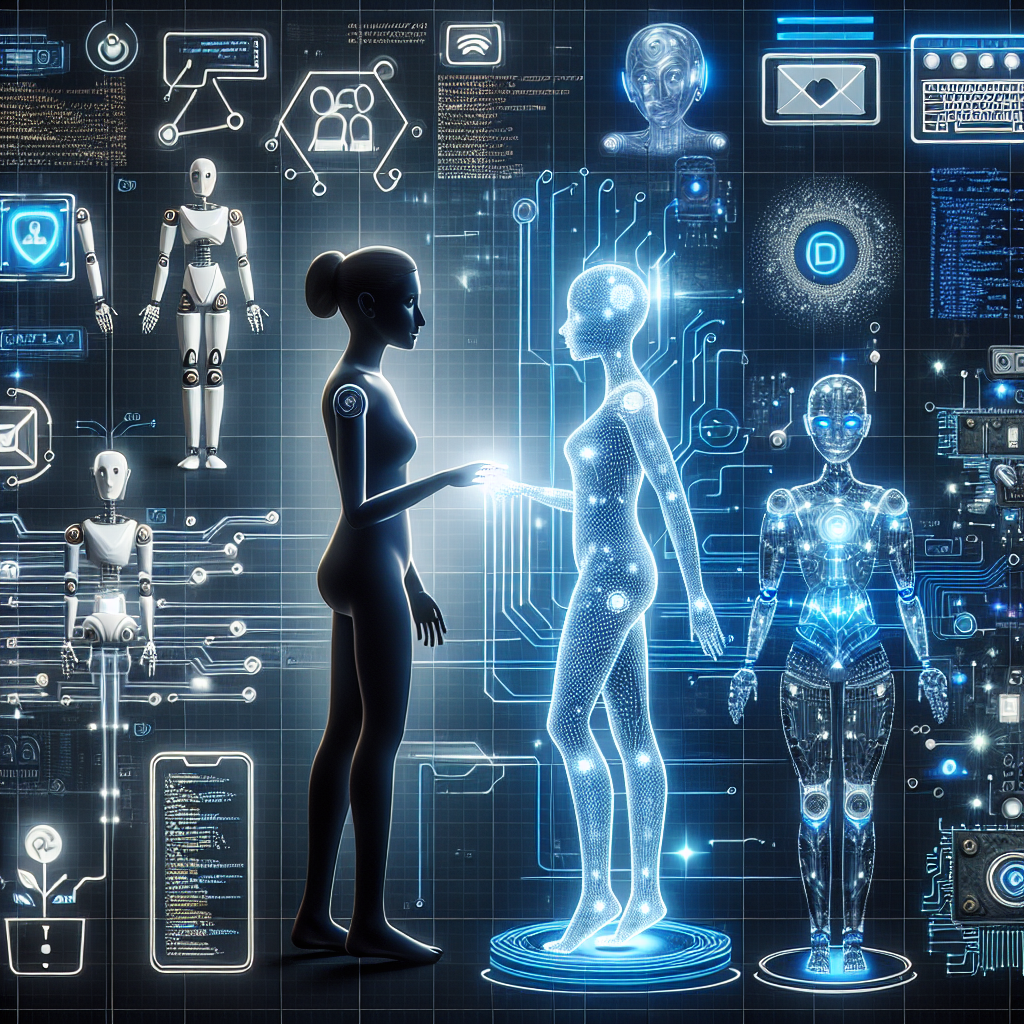AI Companions Redefining Digital Friendship
In 1966, a computer program named ELIZA astonished MIT researchers by mimicking a Rogerian psychotherapist. Though rudimentary, ELIZA was one of the first examples of machines engaging in emotionally charged human conversations. Fast forward to today, and AI companions are redefining digital friendship, shifting from basic chatbots to emotionally intelligent, always-available partners that learn, adapt, and even empathize.
The Evolution from Chatbots to Companions
Initially, digital assistants like Siri or Alexa played utilitarian roles, setting alarms and answering trivia. But modern AI companions go far beyond. These new digital entities use advanced machine learning, natural language processing, and emotional AI to engage users in meaningful conversations, remember past interactions, and provide companionship tailored to individual personalities.
Unlike their early predecessors, AI companions today don’t just answer our questions—they ask about our day, recall our preferences, and even detect mood changes. This upgraded sensory and contextual awareness blurs the line between tool and friend.
Why Are AI Companions Gaining Popularity?
The growing isolation in an increasingly digital world has fueled the demand for virtual companions. Whether it’s someone struggling with loneliness, dealing with mental health challenges, or simply needing a nonjudgmental ear, AI companions redefine digital friendship by offering emotional support that is consistent and compassionate.
Key Factors Driving Adoption
- 24/7 Availability: AI companions never sleep, offering instant responses any time of day.
- Personalization: These companions adapt tones, interests, and even humor to suit individual users.
- Emotional Intelligence: Using voice modulation and contextual cues, they can detect and respond to emotional states.
- Therapeutic Potential: Some platforms are now clinically designed to help users with anxiety, depression, and PTSD.
AI Companions in Action
Apps like Replika, Woebot, and Companion harness the power of AI to provide emotionally-rich interactions. Replika, for example, operates as a fully conversational AI friend who learns from its user and evolves over time. Meanwhile, Woebot, developed by clinical psychologists, is focused specifically on improving mental well-being through evidence-based therapeutic techniques.
According to a New York Times article, users have reported real feelings of connection with these virtual entities after just weeks of interaction. For some, these AI friends become trusted confidants during difficult times.
The Future of Digital Friendship
As generative AI and neural network capacities continue to improve, AI companions will likely become even more lifelike. With integrated augmented reality and wearable tech, future AI entities may take on visual forms and respond to biometric data in real time. Think avatars that not only talk to you but also “walk” beside you, read your vitals, and adapt to your habits over years, not just sessions.
But with this progress comes ethical questions: Can humans form healthy bonds with machines? Should AI be designed to mimic love or attachment? While the answers are still unfolding, one reality is clear—AI companions are redefining digital friendship, and they are here to stay.

